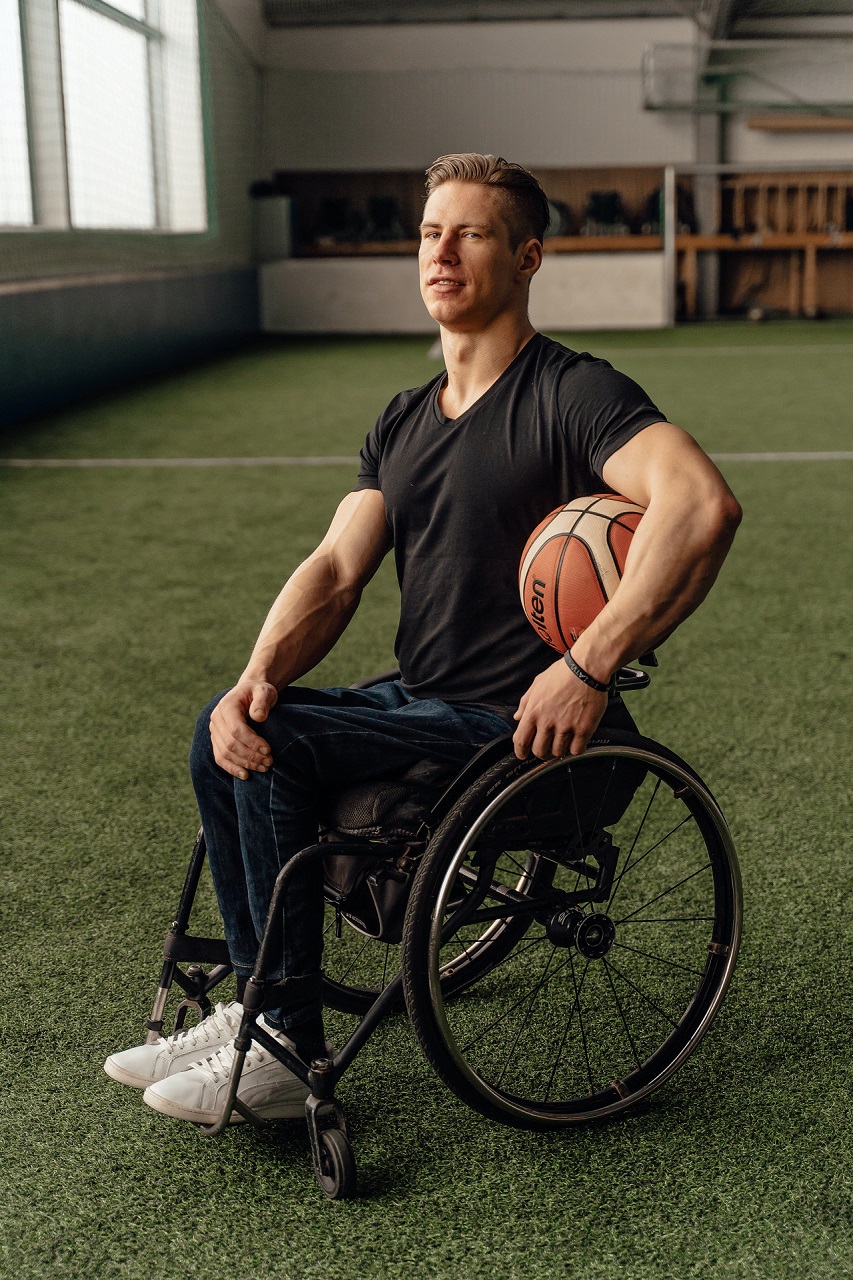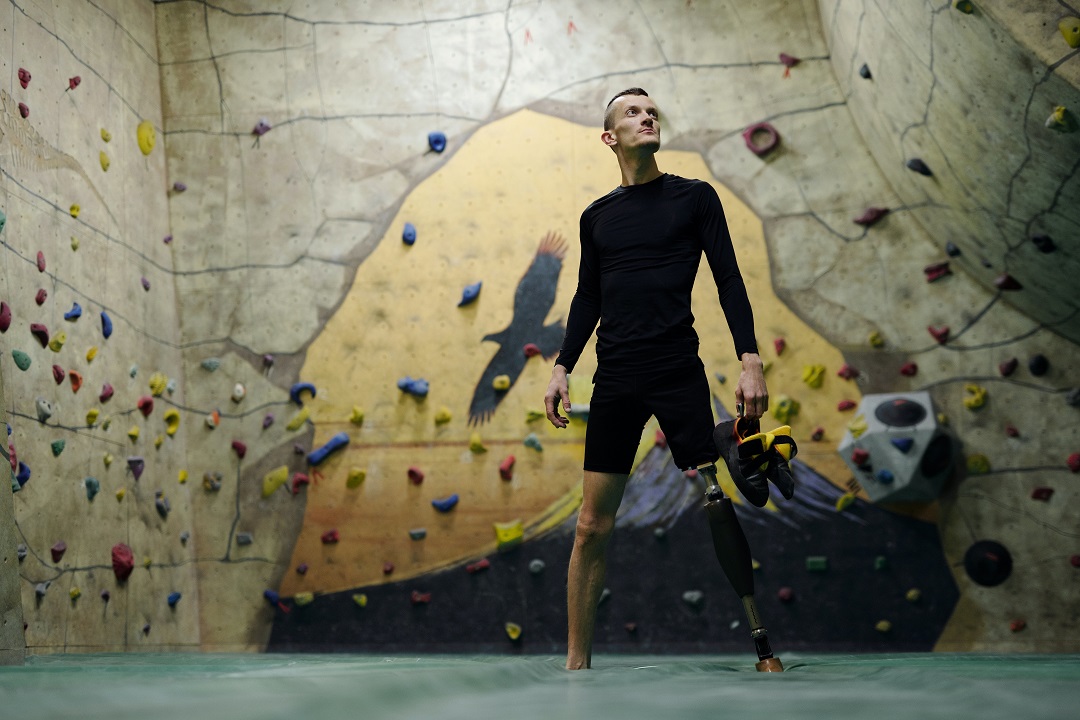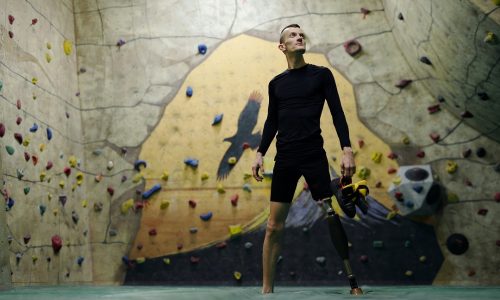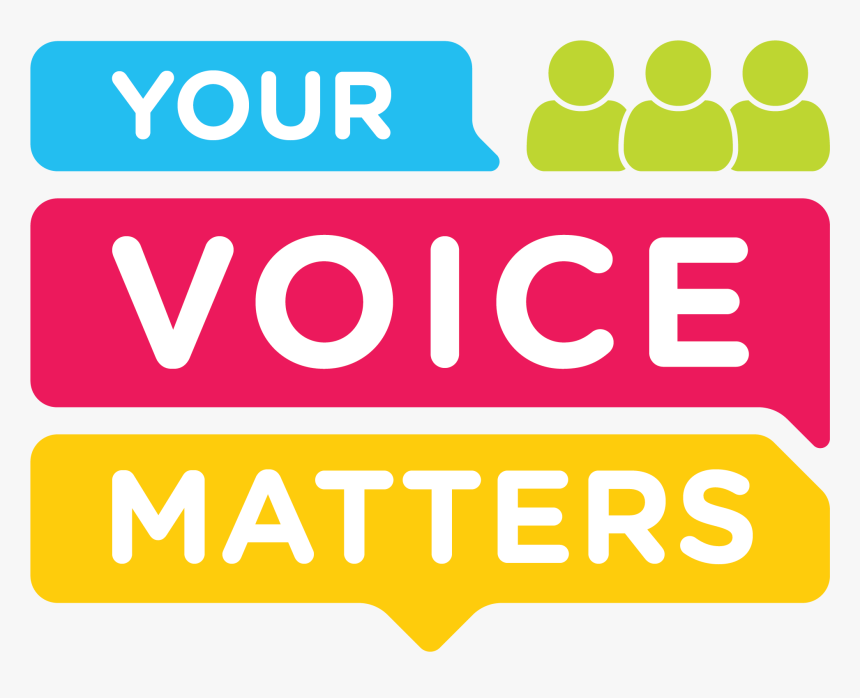How do I find a In-Home Support Worker?
The best way to find a In-Home Support Worker on the Sunshine Coast is to contact a home care support agency to find out if they can service the area of your loved one. By doing this they will be able tell you exactly if there is availability for your needs and how soon they can start. One key thing to do when finding your perfect agency is to ask to speak to the directors or the managing partners, this will show you how close they are to the business and what they are like to deal with rather than just speaking with employees.
Key questions to ask your support worker or support agency that you have selected:
Benefits of Using a Support Agency
There are quite a few benefits to using an agency, we will brifely go over them here – however you should read a far more in-depth discussion about them on our previous blog about using a company vs sole trader.
Pros:
Cons of using Private Hire
Unfortunately cheapest isn’t always best. With such a huge decision it is something that should be thoroughly looked over and all options considered, here we will go over some of the cons of using a sole trade or a private hire. As mentioned above we go into far more detail on a previous blog.
Cons:
What will it cost?
Support work varies in price very quickly depending on what is required and what days it is required on. The good thing about being apart of the NDIS is that there is a pricing guide to go off. Most companies & agencies will run off very similar pricing structure. Depending on how long the shift is or how frequently the care occurs you might be able to get a per day rate instead of a per hour rate. This may work out a bit cheaper however you will need to often schedule multiple days at a time.
Using a Support Company like Shine Disability Care will allow you to pay for things like support work, activities & meals out of your NDIS plan. If you’re unsure how this works or if you have questions about what we charge for various shifts don’t hesitate to reach out to one of our team.










